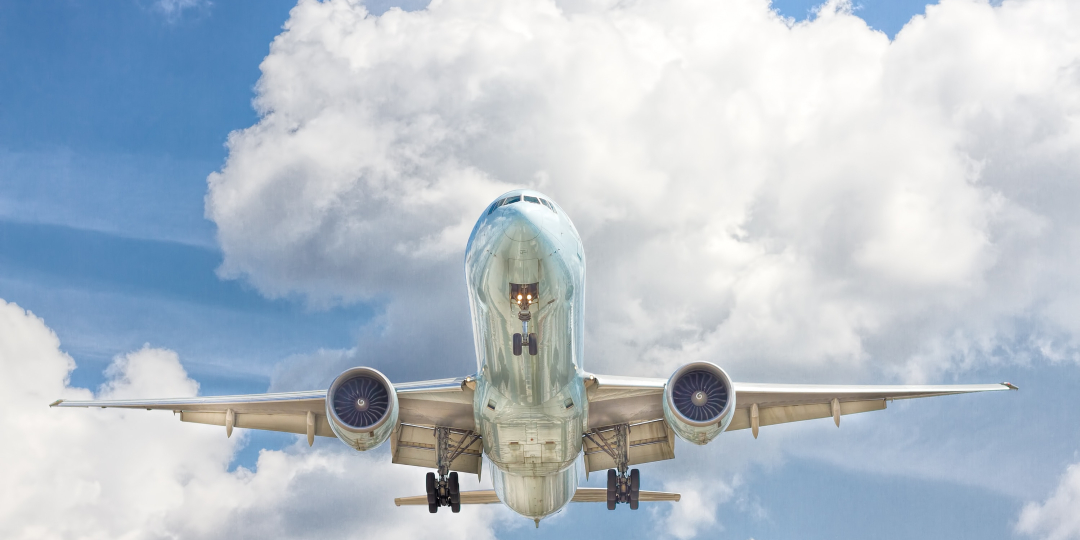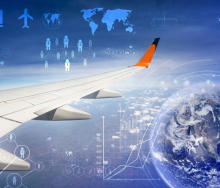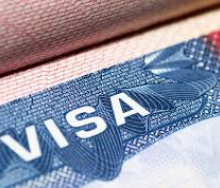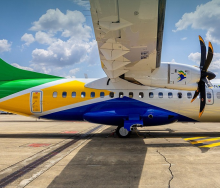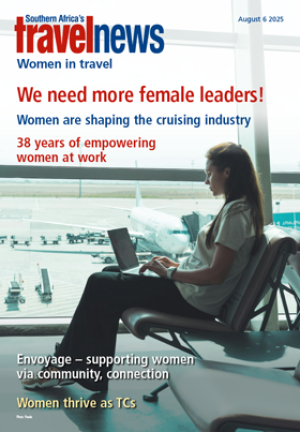The road to the decarbonisation of the aviation industry is expected to be a long and expensive journey, according to investment bank Morgan Stanley.
However, the transition could bring billions of dollars in investment opportunities.
The bank estimates the industry’s carbon emissions to have been one billion metric tonnes in 2019, roughly the equivalent to the emissions of Japan. But this figure is expected to double or even triple by 2050 unless aversive action is taken. The predicted enormous increase is attributed to the forecast demand for international air travel, according to ICAO.
To meet the nett-zero targets aligned with the Paris Agreement and achieve a carbon-neutral situation by 2050, the airline industry needs to reduce its carbon footprint to around 885 million metric tonnes by 2030, 13% below the 2019 estimate, and then, to about 200 million metric tonnes by 2050 – another 80% reduction.
Presently, airlines are bringing more fuel-efficient aircraft onstream but, according to Morgan Stanley, this will only offset the expected 4% annual increase in air travel demand up to the end of this decade and no reduction in emissions will be achieved.
Sustainable aviation fuel (SAF), which offers over 80% in reduction of carbon emissions (over conventional jet fuel), is the best solution for decarbonising in the near to medium term, says Ravi Shanker, Morgan Stanley's Freight Transportation and Airlines Analyst.
The investment implications come in with the predicted scale of the need for global refinery capacity, chemical and aerospace companies.
Although SAF is currently used in less than 1% of flights, multiple global airlines have said they plan to replace at least 10% of jet fuel with SAF by 2030. To meet that goal, SAF supply would have to increase from 20 000 (end 2022) to 5,5 million barrels per day.
“Scaling SAF just to reach the 2030 goal would take a massive global effort and could cost up to $475 billion (R8,6 trillion),” says Shanker. “In the most likely scenario, SAF production increases to 350 000 to 400 000 barrels per day by the end of this decade (around half of what the Paris Agreement stipulated) to represent a greater share of jet fuel as overall demand grows, accounting for 4% of global aviation fuel from about 1% now, with needed investments of $20 billion (R363 billion).”
The impact on airlines’ profits is expected to be nett neutral, at best, but SAF will allow carriers to make significant progress on meeting their environmental, social and governance goals, with the added benefit of reduced volatility and geopolitical risk around jet fuel prices.
Even in the above scenario, in which airlines reach half of the 2030 goal, global refiners will be the winners – the bank says they could realise $10 billion (R181,5 billion) in annual profits.
